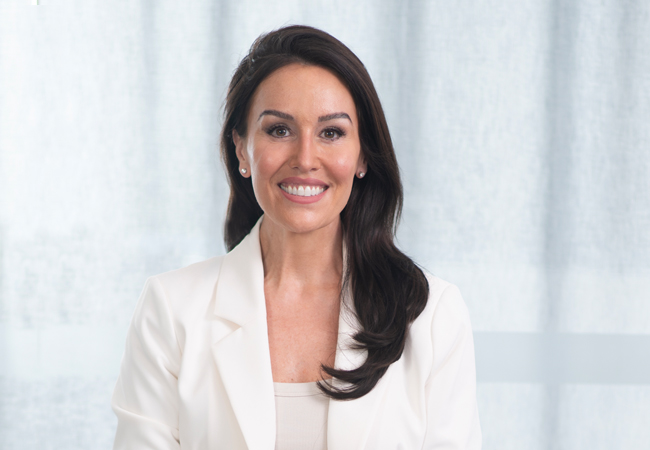If you are considering separation or amid a relationship breakdown, the way a business interest is treated can be rather confusing. Family businesses represent 67% of all Australian businesses and so it is not uncommon for questions to arise about their inclusion in a Family Law property dispute.
Documents
- It is very common to feel unsure or hesitant around how the financial documents of a business should be treated when you separate from your spouse.
- The short answer is, if it is a business in which either of you have some sort of ‘control’ i.e. are business owners, the documents are relevant and should be made available to your spouse so they can understand the relevance of the business to your Family Law property settlement.
- Arguments may arise around confidential aspects of the business, but essentially the structure of the business and therefore its value in the Family Law split must be known and are only revealed through providing documents.
- It may be that you find yourself stuck in a fight about whether the documents must be provided. If you believe there is a strong reason as to why the documents should not be produced, it might be worth putting up a fight. It is important to understand what the cost vs benefit is when pursuing such a fight. Sometimes it is worth putting up the fight, but a lot of legal fees can be spent unnecessarily.
- If the documents are not forthcoming, it is likely to bring on urgent court proceedings and the ability to force the documents to be revealed directly from accountants/financial planners through a subpoena.
- The Family Law world encourages transparency, and if you find your spouse being secretive, there are far reaching powers to get the information released.



















